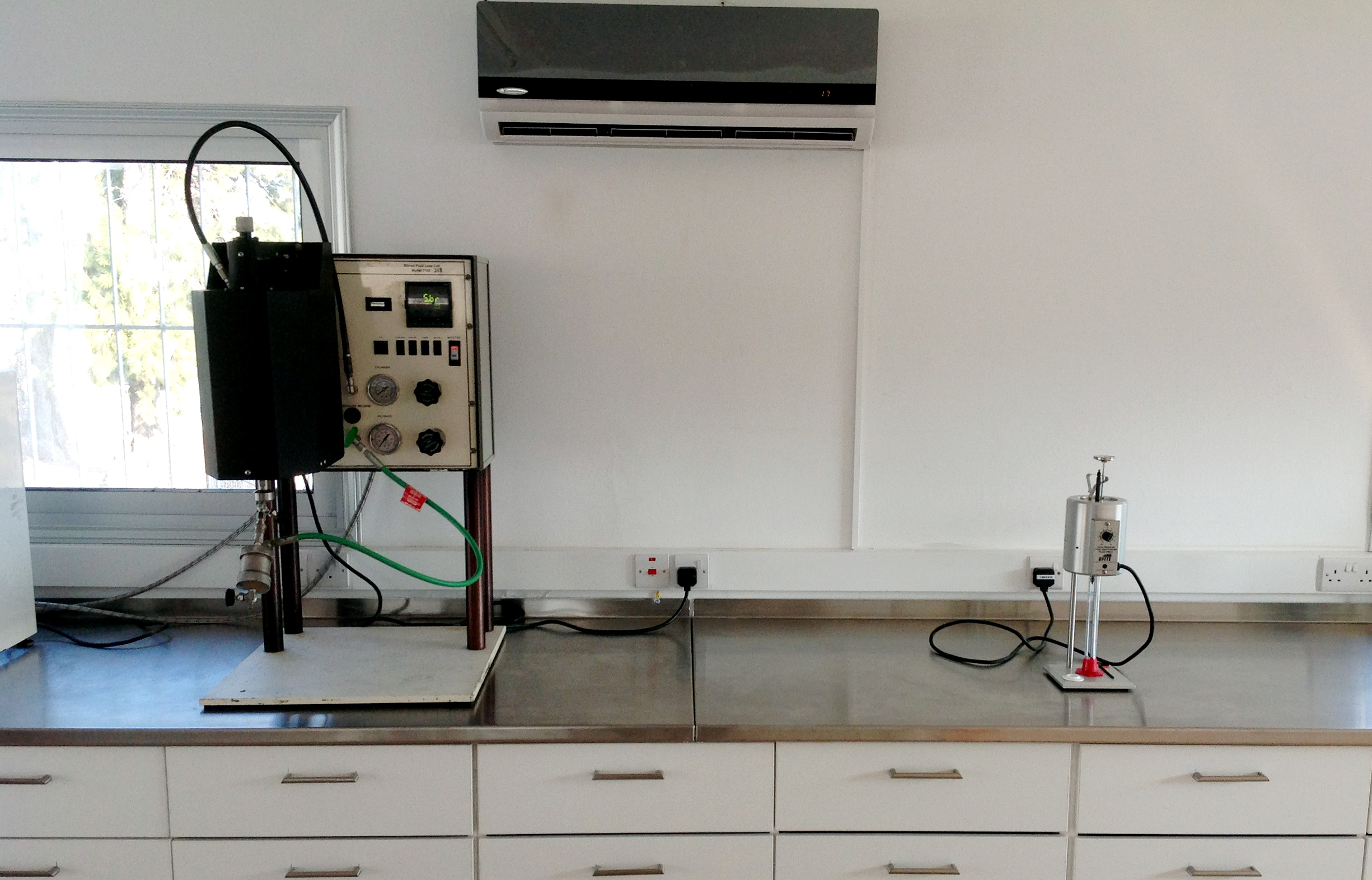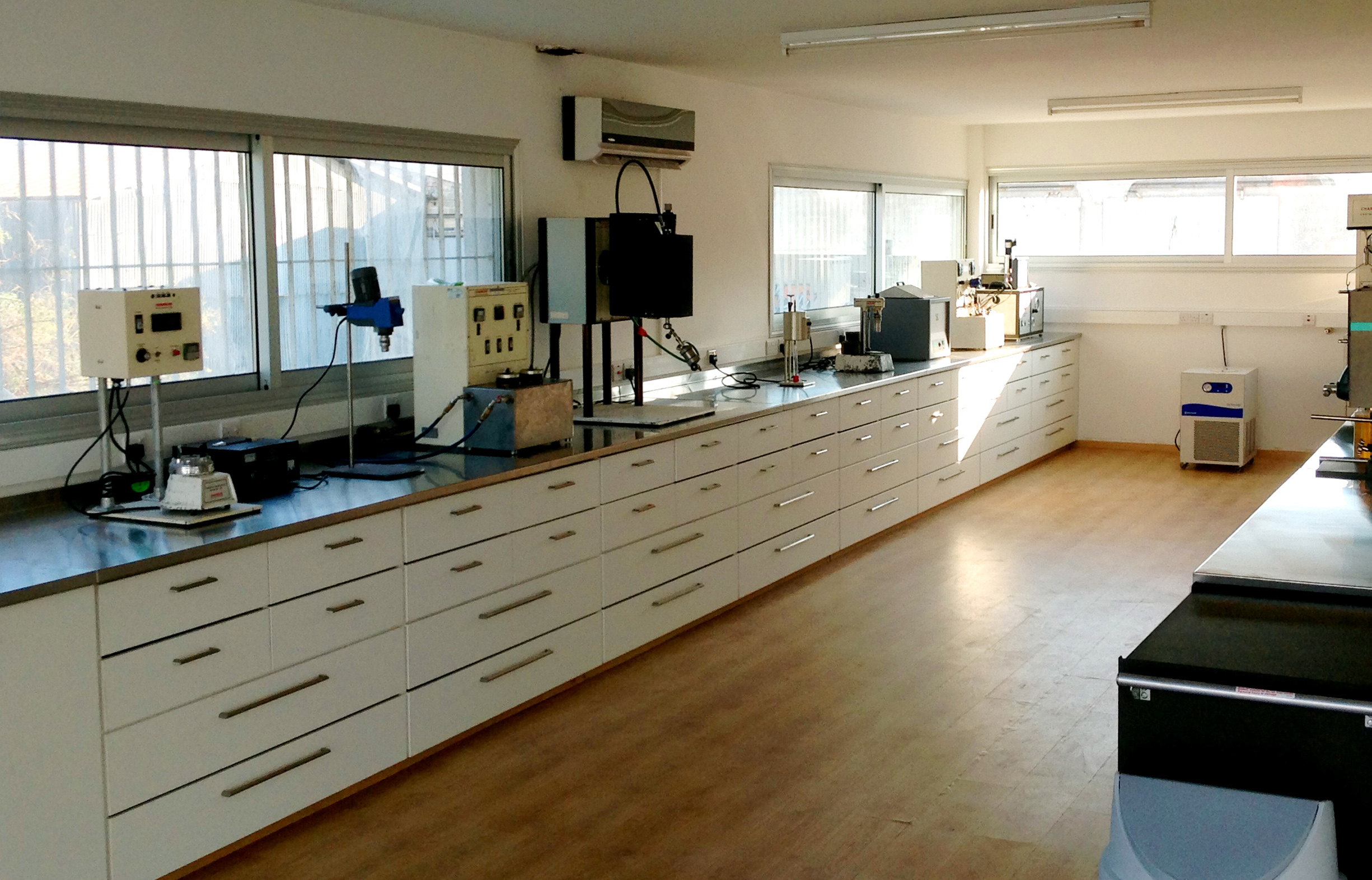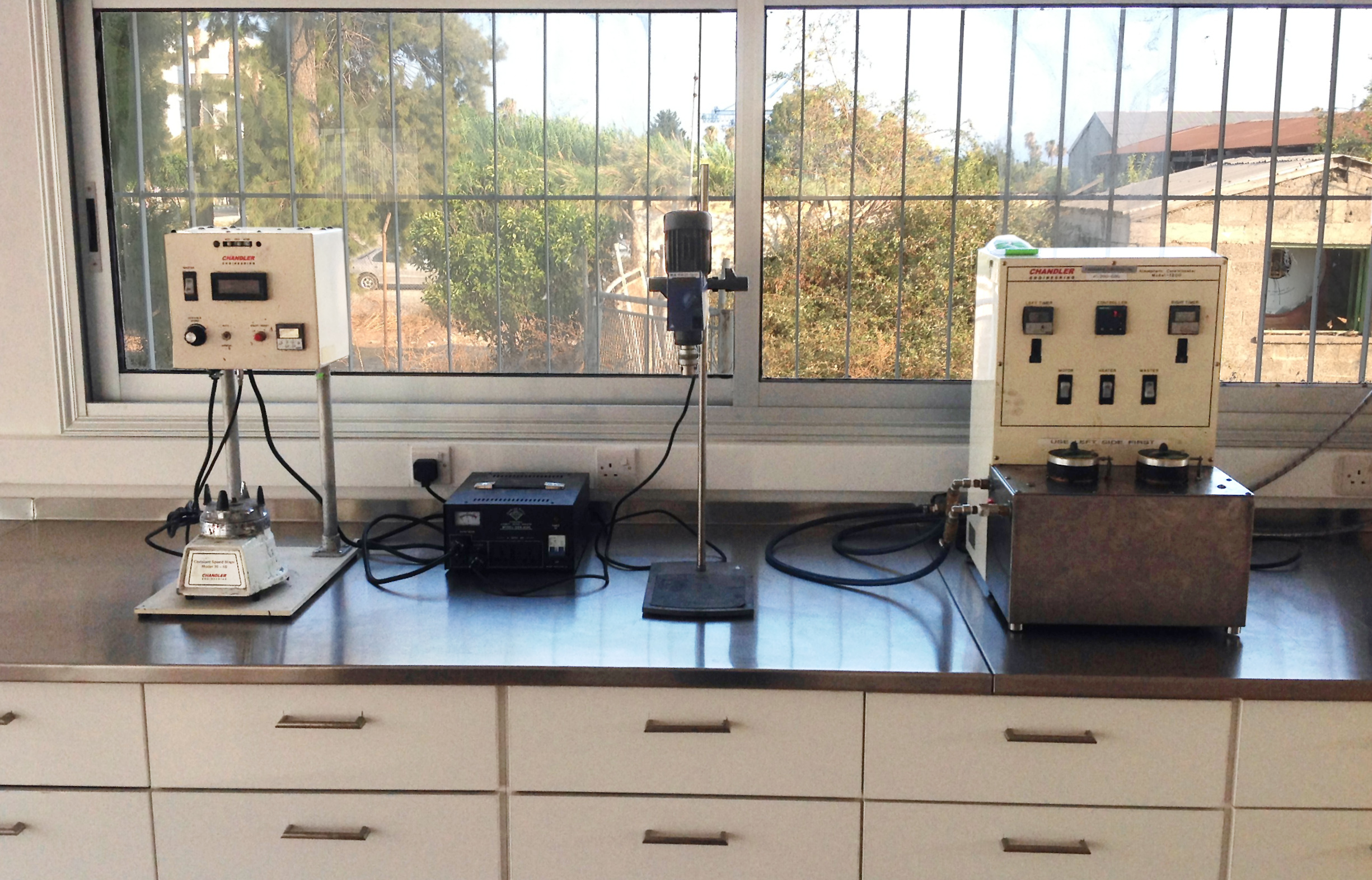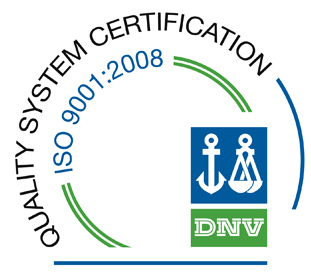Cyprus-based Cement Testing Laboratory
About this Service
Service Description
In onshore and offshore drilling, it is extremely critical that good cement systems be used to provide well integrity and good zonal isolation. The Cyprus lab can provide verification that what is going into your well is the best possible cement system for that well design, or at least what you paid for. EPT CSI can also offer design input on request if optimization on service company designs is required.
The EPT CSI cement testing laboratory is capable of performing all standard cement testing currently endorsed by API. This will include thickening time, fluid loss, rheologies, free fluid, and compressive strength. In addition, the lab is capable of limited amounts of specialized testing such as fluid compatibilities and contamination testing. Non-standard testing such as dynamic and static settling tests can also be performed.



Cement Testing Services Offered
| Test | Description |
|---|---|
| Thickening Time | Gives the amount of placement time a particular cement slurry is capable of under actual well temperatures and pressures. |
| Fluid Loss | Determines the API fluid loss value of a cement slurry. This test is performed at actual well temperature and gives indications of a slurries ability to withstand dehydration, build filter cake, and prevent gas migration. |
| Rheologies | Performed at surface and downhole conditions, this test determines the viscosity of a cement slurry at different shear rates. In addition, it can give an indication of how thixotropic a slurry is and if there are settling issues. |
| Free Fluid | Determines how much free fluid there is in a cement system design. This is important because the presence of free fluid indicates there could be settling issues with the slurry once it is placed. |
| Compressive Strength | This test is performed on a UCA (Ultrasonic Cement Analyzer), and monitors a cement systems compressive strength development over time. This test is once again performed at actual downhole conditions |
| Static Gel Strength | Gives the start of gel strength development and the length of time it takes to transition through the critical gel strength period (100 – 500 lb/100ft2). Performed at well temperatures and pressures. |
| Density | Performed on a pressurized mud balance, this test gives the density of liquid cement slurry. Ensures that the designed cement will be the correct density. |
Additional Information
The lab has personnel on call and able to work 24 hours a day, seven days a week. These personnel are highly trained and capable of performing any cement testing requested.
The Cyprus lab is supported by the CSI headquarters in Houston, Texas (USA), which can provide recommendations and expertise from its highly trained and experienced engineering staff for all drilling, cementing, stimulation, and completion issues. The lab in Cyprus is conveniently located next to the Limassol port, creating the opportunity for quick sample delivery and prompt testing results.




Comments are closed.